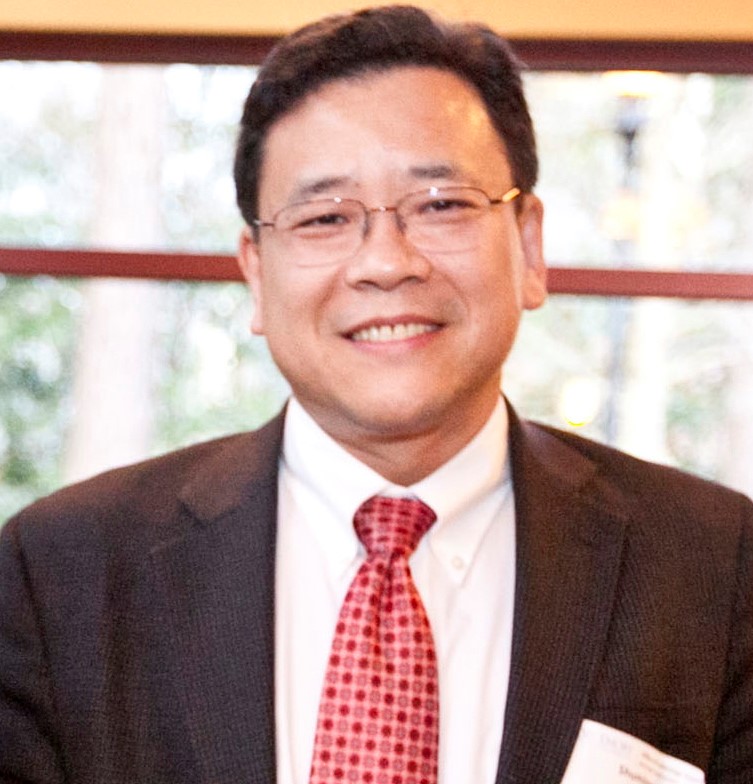Place: Room 302, Integrated Science Research Building
Time: 10:00am July 12, 2018
Speaker: Dr. Shuming Nie
Title: Nanotechnology: from Single-Molecule Spectroscopy to Image-Guided Precision Surgery
Abstract: Nanomedicine is an area of considerable current interest in biomedical engineering because of its broad applications in biomedical imaging, in-vitro diagnostics, and targeted therapy. The basic rationale is that nanometer-sized particles such as quantum dots, colloidal gold, and polymeric nanomicelles have functional and structural properties that are not available from either discrete molecules or bulk materials. When conjugated with targeting ligands such as monoclonal antibodies, peptides or small molecules, these nanoparticles can be used to target malignant tumor cells and the tumor microenvironment (such as tumor stroma and tumor vasculatures) with high specificity and affinity. In the “mesoscopic” size range of 10-100 nm, nanoparticles also have large surface areas for conjugating to multiple diagnostic and therapeutic agents, opening new possibilities in imaging, therapy, and surgery. At the present, however, there are several fundamental problems and technical barriers that must be understood and overcome. In this talk, I will discuss the major challenges and opportunities in the development of technology for single-molecule spectroscopy, intraoperative cancer detection, and image-guided precision surgery. This work was supported by grants from the US National Institutes of Health (U54 CA119338, RC2 CA148265, and R01CA163256).
Dr. Shuming Nie

Dr. Shuming Nie is the Grainger Distinguished Chair in Engineering, Professor of Bioengineering, Chemistry, Electrical and Computer Engineering at the University of Illinois at Urbana-Champaign, and Founding Dean of the College of Engineering and Applied Sciences at Nanjing University (China). His academic research is in the areas of nanomedicine; image-guided cancer surgery; cell-based immunotherapy; wearable optoelectronic devices and digital health. His major academic achievements include the discovery of colloidal metal nanoparticles that are able to amplify the efficiencies of surface-enhanced Raman scattering (SERS) by 14-15 orders of magnitude, his pioneering work on water-soluble semiconductor quantum dots for biomedical applications, and his breakthrough work in developing multifunctional smart nanoparticles for integrated biomedical imaging and therapy, including image-guided cancer surgery. Professor Nie has published over 350 papers, patents, and book chapters, have delivered more than 500 invited lectures around the world, and have trained over 30 doctoral students and postdoctoral fellows who are now making an impact at top academic institutions and biotech companies. His scholarly work has been cited 64,000 times according to Google Scholar. Professor Nie received his BS degree from Nankai University (China) in 1983, earned his MS and PhD degrees from Northwestern University (Evanston, Illinois, 1984-1990), and did postdoctoral research at Georgia Institute of Technology and Stanford University (1990-1994).


